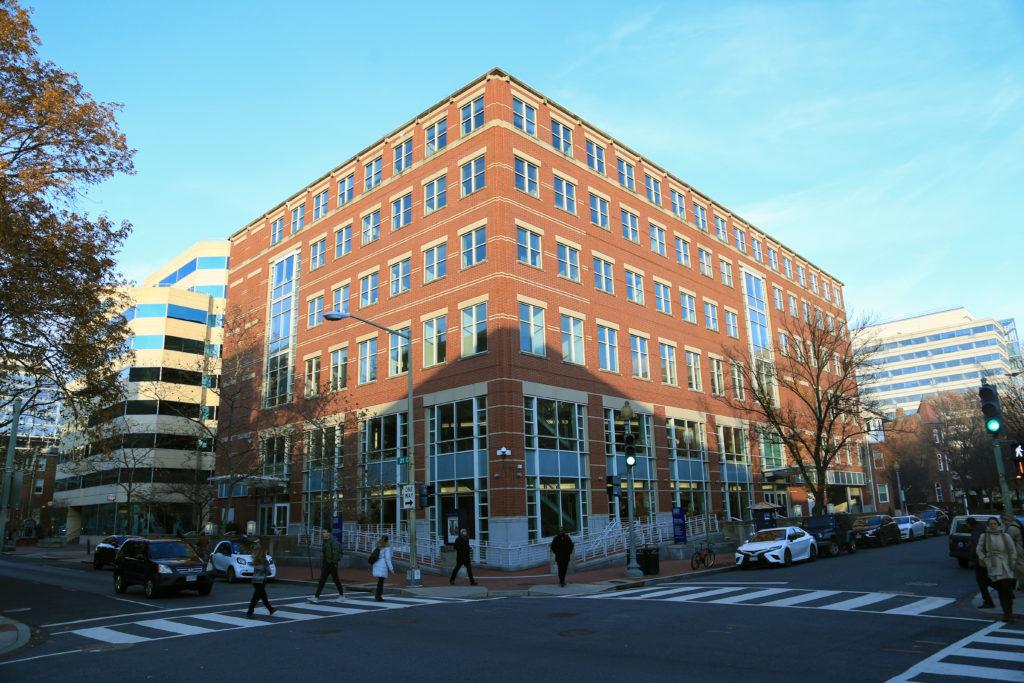A new project in the School of Media and Public Affairs will ask political communication students to consider the ethics of their field.
Officials in the school launched the Project on Ethics in Political Communication earlier this month to host events and promote research about ethics in the profession. Peter Loge, an associate professor of media and public affairs and the director of the project, said the initiative will promote the “study, teaching and practice” of ethics in political communication by asking students “to consider what ethical responsibility they have, if any, and to whom or what they have it.”
Loge said the project offered SMPA – which became the first school in the nation to offer a political communication degree in 1982 – a chance to again “lead the nation” by making ethics part of the “study and teaching” of the subject.
He added that students studying journalism, law, business, medicine, public relations and other fields already have ethics requirements in their curricula, which political communication professionals should emulate.
“Experts in a range of fields consider the ethical obligations of professionals in those fields,” he said. “It is time for political communication to follow suit.”
The project will provide resources to support education about ethics in political communication, promote research and host events and discussions on the topic, according to the initiative’s website.
Loge, who teaches SMPA’s Ethics in Political Communication course, said he started “seriously thinking” about the project when he joined SMPA as an associate professor in 2017. He said the project currently consists of himself and a few SMPA students and has not yet received significant financial support from the school.
“I will be talking to potential funders more as we get going, but at this point, no one is fully committed,” Loge said. “A website is inexpensive, social media are free, and I am not getting extra compensation for the work, so at this point, there hasn’t been much to spend money on.”
At the project’s launch event earlier this month, SMPA Director Frank Sesno said that although the project is starting small, the scope of the initiative will change depending on the feedback it receives.
“If there is interest, and if we see traction – and I expect that we will – we will respond to that, we will grow with it and we will try to increase our impact and influence, because we all know that our country, our democracy, very much needs this,” he said.





